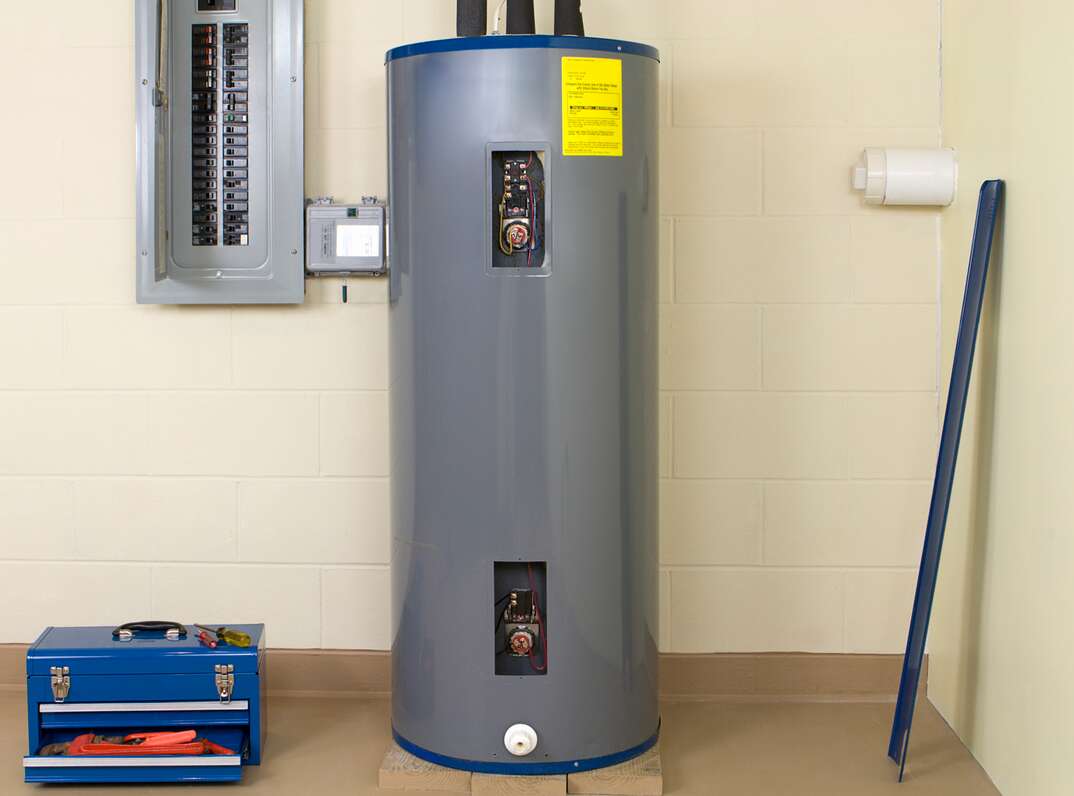- AppliancesElectriciansHVACLandscapingLocksmithPest ControlPlumbingRenovationRoofingT V RepairAll Home Improvement
- Car AccidentClass ActionCorporate LawCriminal DefenseDivorce LawEmployment LawFamily LawFinancial LawLegal AidMedical Injury LawyersMedical MalpracticeReal Estate LawWater Fire RestorationAll Legal
- InvestmentRetirementAll Finance
- Animal InsuranceAutoGeneral InsuranceHealth PolicyHome RentersAll Insurance
- DentalHealth SpecialistsAll Medical
- Animal CareVeterinaryAll Pets
- Auto GlassTowingAll Automotive
What's the Difference Between a Boiler and a Furnace?

shutterstock_132189722_Contractor_furnace_XL
When the winter winds blow, you expect your heating system to work reliably — whether it’s a furnace or a boiler.
Knowing the difference between boilers and furnaces can help you decide which style is best for your home.
On a very basic level, the difference between a boiler and a furnace is what each uses to heat your home. Boilers use water to keep you warm — either hot water or steam that comes from hot water. Furnaces use hot air to heat your home.
Here are some additional differences:
- Power source: Both boilers and furnaces can operate on electricity, natural gas and propane. However, boilers can also run on oil or wood pellets.
- Heat distribution: Boilers move the hot water or steam through radiators and radiant flooring systems. The radiant heat then warms the home. Furnaces use ductwork as part of a forced-air system that blows the heated air out of vents throughout your home.
- Maintenance: You should get a yearly tune-up from a pro for both types of systems. Boilers don't typically need much additional maintenance, but you'll need to change furnace filters regularly.
- Price: Boilers typically cost more to have installed than furnaces.
GettyImages-174625704
How Do I Know What's Right for My Home?
Boilers and furnaces can both be effective at heating your home. If you're replacing an existing unit, it's typically best to replace it with the same thing. You'll pay a lot more to have your home retrofitted for the other type of heating system. For example, if you switch from a boiler to a furnace, you'll need to have ductwork installed to pipe the heated air through your home.
Boilers offer some benefits, including more consistent heating, but it takes them longer to respond to thermostat adjustments. They also don't stir up dirt and pollen because they don't blow air like a furnace does. The advantages of furnaces include the cheaper cost and the easier installation, especially if you already have the ductwork in place. Boilers can have leaks that lead to water damage, which you don't have to worry about with a furnace.
Elocal Editorial Content is for educational and entertainment purposes only. Editorial Content should not be used as a substitute for advice from a licensed professional in your state reviewing your issue. Systems, equipment, issues and circumstances vary. Follow the manufacturer's safety precautions. The opinions, beliefs and viewpoints expressed by the eLocal Editorial Team and other third-party content providers do not necessarily reflect the opinions, beliefs and viewpoints of eLocal or its affiliate companies. Use of the Blog is subject to the
Website Terms and Conditions.The eLocal Editorial Team operates independently of eLocal USA's marketing and sales decisions.

